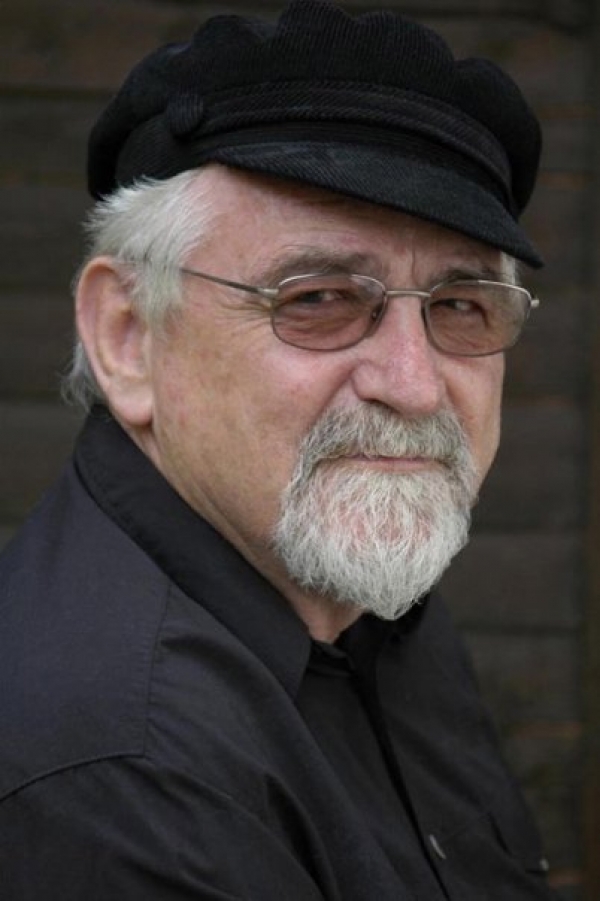Workers ride in cattle trucks of the gravy train

We are constantly being told, as the economy stutters and stumbles, that “we are all in it together”; that we have a “shared future”; that we have a patriotic duty to “build the nation”. And, for all the tub-thumping rhetoric about the evils of capitalism, this will almost certainly be the underlying theme of the Cosatu special national congress next week.
Unless raised from the floor — and allowed by the executive — a thorough analysis of the situation in the country and the union movement will not happen. But there will be great stress on the need for Cosatu to remain united, but without its elected general secretary or its largest affiliate, the National Union of Metalworkers (Numsa) – a position that seems rather contradictory.
If the federation’s executive has its way, the question of whether or not the executive has the constitutionally necessary support from the membership for the expulsion of both Zwelinzima Vavi and Numsa will not get an airing. Should this happen, it could be seen as a betrayal of the democratic essence of trade unionism that relies on open debate and discussion of all issues of concern, followed by a free and fair vote.
However, as the surprise result of the recent election for general secretary of the National Union of Mineworkers (NUM) revealed — and as this week’s referendum in Greece underlined — the outcome of a democratic process can confound the pundits. Such can be the will of the people if properly exercised.
In these circumstances, to paraphrase Bertold Brecht, elected leaders may prefer to dissolve the people and elect another. This being impossible, and if the will of the people disagrees with them, the leaders usually — if they can get away with it — ignore the people’s will. Where, in advance, there is a danger that the led may disagree with the leaders, leaders can try to block through bureaucratic means the exercise of democracy.
However, actions of this kind by any leadership exacerbates existing tensions. And Cosatu’s calls to unity, to rally around the controversial and widely criticised National Development Plan (NDP) and the next phase of the “national democratic revolution” may have little effect.
Such calls ring increasingly hollow for the army of the working poor and the unemployed. They are acutely aware of the yawning wage and welfare gap and of the fact that while their belts have continually to be tightened, the tiny global elite continues to be enriched.
In 2010, a local shop steward, Khanyi Khohlooa, graphically summed up the lot of most working people when she said they travelled “in the cattle trucks of an economic gravy train”. Then a shop steward at mine services group Teba Limited, she noted: “The bosses are in first class, many workers are in third class and a lot are in fifth class — the cattle trucks”.
This analogy still seems appropriate although it can be extended to the unemployed having to cling to the outside of the cattle trucks, braving the elements as they struggle to get in — or simply dropping off, exhausted and having lost all hope. And among those bosses in first class are a number of one-time worker leaders who now sit comfortably in the first class carriages, although some occasionally visit the cattle trucks to rally the forlorn and desperate with promises of a better future.
“But don’t look for ideology in all of this. Just follow the money,” a senior Cosatu official told me. This is a fairly common view among rank and file union members who are often acutely aware that a number of union leaders have moved seamlessly from labour to parliament and then on to lucrative private enterprise.
There is also growing resentment in a number of unions about the pay and privileges of executive members. This may have been a factor in the ousting of Frans Baleni as general secretary of the NUM. Amid considerable criticism, his pay was increased to R77,000 a month in 2012.
At the time Baleni described his pay as “market related”, but this was widely seen as following the power and privilege trajectory established by some former NUM leaders such as Cyril Ramaphosa, Marcel Golding and Irene Charnley, all now billionaire business people. Ramaphosa is, of course, also deputy president and former NUM general secretary Gwede Mantashe is the powerful secretary general of the ANC. Immediate past president of the union, Senzeni Zokwana, is now minister of agriculture.
Whatever the pros and cons of these developments, the trade union rank and file are apparently starting to flex their collective muscle and to demand that the slogan, “The people shall rule” becomes at least more of a reality.
The opinions expressed in this article are solely those of the author. No inference should be made on whether these reflect the editorial position of GroundUp.
Support independent journalism
Donate using Payfast

Next: Sesfikile ,“ the women’s winery
Previous: No sympathy for metered taxi companies protesting against Uber

This article is licensed under a Creative Commons Attribution-NoDerivatives 4.0 International License.
